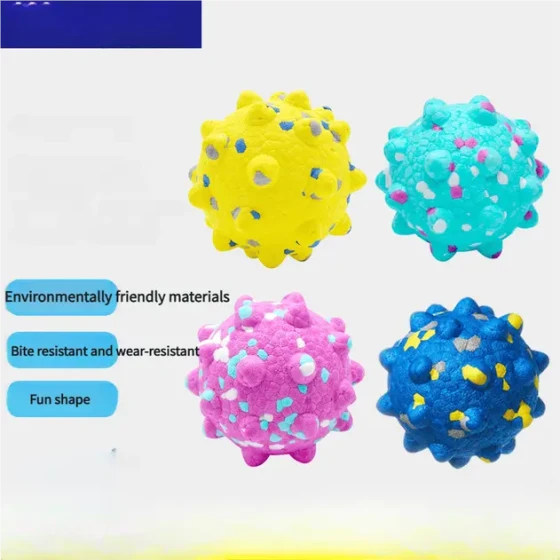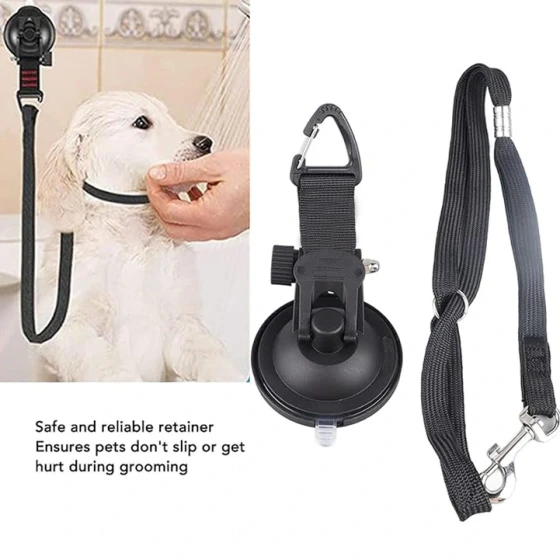Super Dangerous Dog Killer: Chocolate

Dogs
Super Dangerous Dog Killer: Chocolate
Can dogs eat chocolate? The editor of Boqi website tells you: absolutely do not give dogs chocolate! Otherwise, dogs will be in great danger!
In the United States, chocolate is one of the top five common items causing poisoning in pet dogs. The other four are antifreeze, marijuana, rodenticide, and insecticide.
The secret behind chocolate’s irresistible nature lies in the theobromine it contains. Theobromine stimulates the central nervous system, relaxes muscles, and increases heart rate—no wonder eating chocolate can trigger feelings of love. Theobromine has two famous siblings in the methylxanthine family: caffeine and theophylline.
Just seeing their names you might suddenly understand why cocoa, coffee, and tea are the three major beverages—they share common characteristics. Upon careful tasting, whether it’s coffee, cocoa, tea, or cola, there is a hint of bitterness, which is also thanks to the methylxanthine compounds; their pure forms are extremely bitter.
These substances are toxic to most animals, but this effect does not work well on primates like humans. We have a very high metabolic rate for such compounds, meaning these toxins are quickly detoxified by the liver and excreted by the kidneys in humans.
Unfortunately, dogs are not primates and cannot effectively excrete methylxanthine compounds from their bodies. It takes about 20 hours for a dog to eliminate half the methylxanthines ingested.
For a 3-kilogram Pomeranian (detailed introduction), ingesting just 3-4 grams of dark chocolate can cause poisoning—a very small bite; 10 grams can cause severe vomiting and seizures; 60 grams can be fatal due to rapid heartbeat and muscle rigidity, which is just the weight of one chocolate bar.
For dogs unaware of satiety, swallowing a whole chocolate bar is obviously not too difficult. The famous Merck Veterinary Manual recommends that if a dog eats more than 1.3 grams of dark chocolate per kilogram of body weight, it should be taken to a veterinary hospital for treatment.



